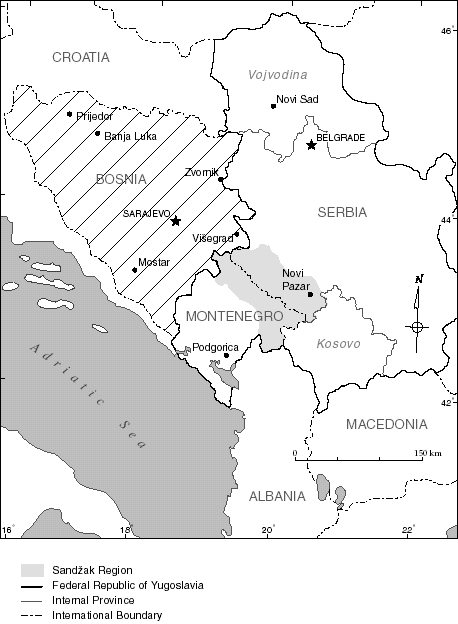

It seems probable that the wanderings of the Amalekites, or of a particular part of them, extended as far as Transjordan in the neighborhood of Moab or Ammon.

Together with the Ammonites, they joined Moab against Israel and were among those who captured "the city of palms" – apparently Jericho or the pasture lands of Jericho (Judg. During the period of the Judges, the Amalekites participated with other nations in attacks on the Israelite tribes. More closely historical than the Pentateuch's accounts of Amalek are the traditions set in the period of the Judges and the monarchy. It is possible that this tradition is based on abortive attempts by Israel to expand its holdings in the South during the premonarchic period (see Num. In this particular case, therefore, YHWH, who according to Exodus 17:16 had sworn eternal enmity to Amalek, permitted Amalek to defeat Israel, but, since He had specifically warned Israel against this particular undertaking, there is no real contradiction between Exodus 17:16 and Numbers 14:45. 14:44–45) against the divine command and was punished by sustaining a shattering blow at the hands of the Amalekites and Canaanites who inhabited the hill country, the former no doubt being confined to its southernmost end (Num. In the biblical traditions, Israel, after sinning through cowardice and lack of faith as a result of the discouraging report of the spies, turned around and "defiantly marched to the crest of the hill country" (Num. 25:12–19), for in the early days "the wars of Israel" and the "wars of the Lord" were synonymous expressions (cf., e.g., Judg. In commemoration of the victory, Moses built an altar which he called " YHWH-Nissi," and proclaimed that "The Eternal will be at war against Amalek throughout the ages." This implies that Israel is commanded to wage a holy war of extermination against Amalek (Deut. Amalek was not destroyed, however, and at the end of this war Moses was ordered to write in a document, as a reminder, that the Lord would one day blot out the memory of Amalek from under the heaven. The Book of Exodus relates that Joshua fought against Amalek under the inspiration of Moses, who was supported by Aaron and Hur, and that he mowed them down with the sword. 47:19), then this battle was waged in the northern part of the Sinai Peninsula. 17:6, 7, 8–16 18:5), is in the neighborhood of Horeb if the locality Massah and Meribah (17:7) is to be found in the region of Kadesh-Barnea or is identical with it (Num.

Among these traditions we find that Amalekites attacked the Israelites in a pitched battle at Rephidim, which, to judge by the Bible (Ex. In effect, by setting encounters with Amalek in the days of Moses and Joshua, the writers of the Bible were saying that hostilities existed from time immemorial. Inasmuch as contemporary archaeology has convinced most biblicists that the biblical traditions of enslavement in Egypt, wilderness wandering, and conquest of the land are unhistorical, traditions about Amalek and Israel in the pre-settlement period probably reflect later realities. Amalek, a son of Esau's son Eliphaz, was presumably the eponymous ancestor of the Amalekites.Īccording to the Bible, Amalek was the first enemy that Israel encountered after the crossing of the Sea of Reeds. The Amalekites were a people of the Negev and adjoining desert that were a hereditary enemy of Israel from wilderness times to the early monarchy. Ancient Jewish History: Table of Contents| Hittites| Kedemites


 0 kommentar(er)
0 kommentar(er)
